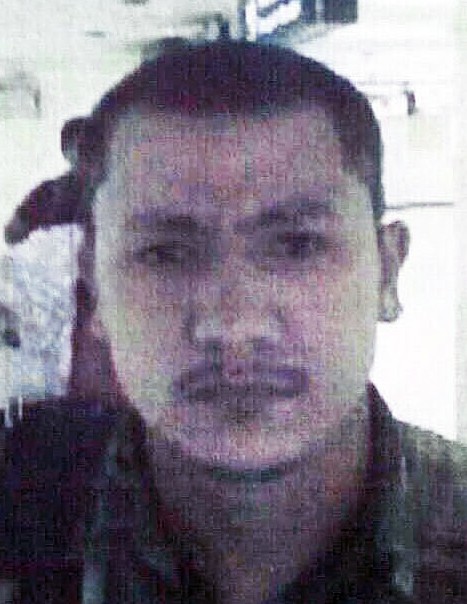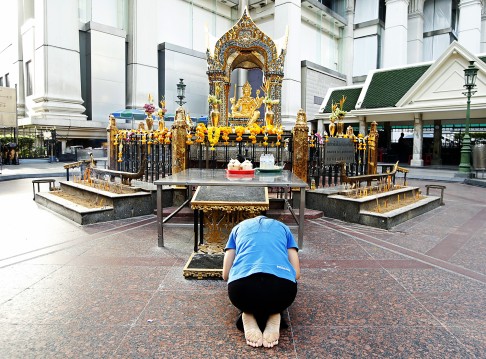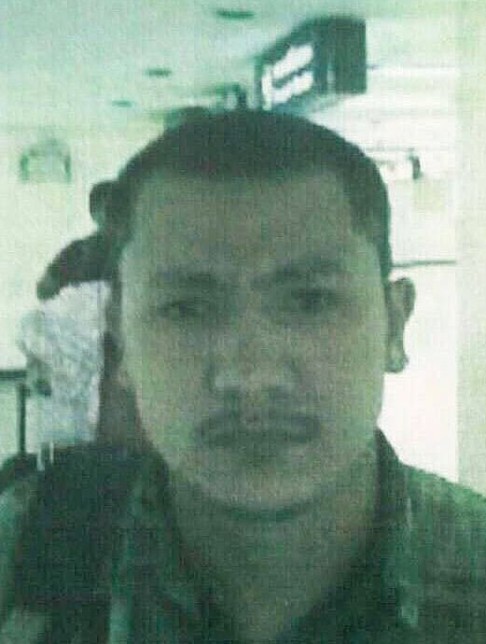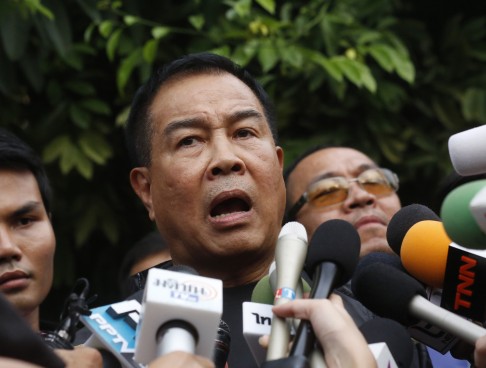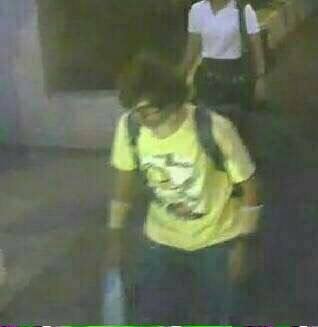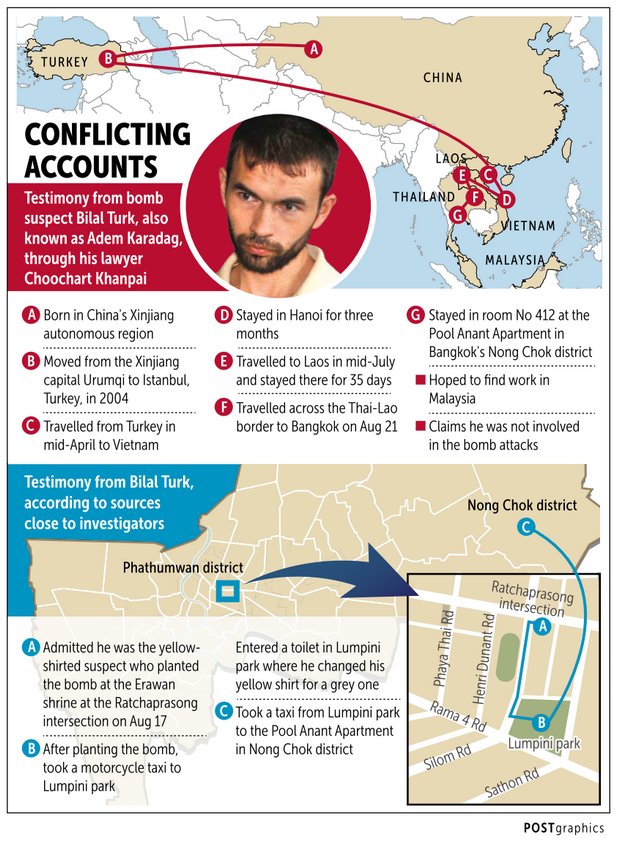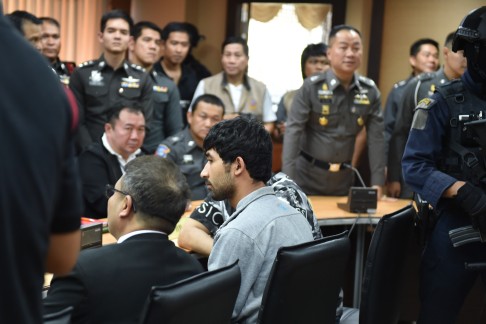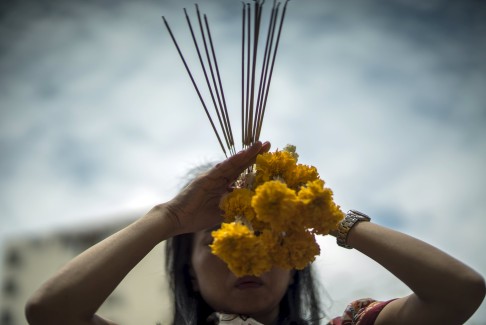Dirty lying satanic Muslims are just like their Prophet Mohamed. This dirty bastard told everyone he was a messenger from his god Allah but he couldnt do miracles except rob caravans with his group of thieves. Dirty bastard! :oIo:
Every where they go they bring their satanic teachings with them and complain about everything except their dirty satanic teachings that made them into hateful satanic barbarians.
Sahi Bukhari Volume 5, Book 59, Number 448
So Allah's Apostle went to them (i.e. Banu Quraiza) (i.e. besieged them). They then surrendered to the Prophet's judgment (unconditionally after 25 days of fierce resistance) but he directed them to Sad (ally) to give his verdict concerning them. Sad said, "I give my judgment that their warriors should be killed, their women and children should be taken as captives, and their properties distributed."
The Prophet said, "You have judged according to the King's (Allah's) judgment." (Hadith No. 447, Vol. 5)
The sentence was Death by decapitation for around 300—600 men and pubescent boys, and enslavement for the women and children. Ibn Ishaq says that the number may have been as high as 800—900 (p. 464).
The text of Sirat [Ibn Ishaq, page 464]:
Then they surrendered, and the apostle confined them in Medina in the quarter of d. al-Harith, a woman of B. al-Najjar. Then the apostle went out to the market of Medina (which is still its market today) and dug trenches in it. Then he sent for them and struck off their heads in those trenches as they were brought out to him in batches. Among them was the enemy of Allah Huyayy b. Akhtab and Ka`b b. Asad their chief. There were 600 or 700 in all, though some put the figure as high as 800 or 900. As they were being taken out in batches to the apostle they asked Ka`b what he thought would be done with them. He replied, 'Will you never understand? Don't you see that the summoner never stops and those who are taken away do not return? By Allah it is death!' This went on until the apostle made an end of them.
Huyayy was brought out wearing a flowered robe in which he had made holes about the size of the finger-tips in every part so that it should not be taken from him as spoil, with his hands bound to his neck by a rope. When he saw the apostle he said, 'By God, I do not blame myself for opposing you, but he who forsakes God will be forsaken.' Then he went to the men and said, 'God's command is right. A book and a decree, and massacre have been written against the Sons of Israel.' Then he sat down and his head was struck off.
http://www.islam-watch.org/Larry/Muhammad-Massacres-and-Sex-slaves.htm

